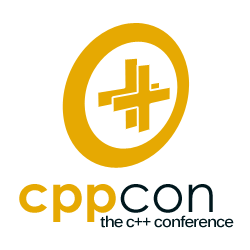C++ Foundation Developer Survey "Lite", 2018-08: C++ and Cloud
 Thank you to the over 3,000 people who participated six months ago in the Standard C++ Foundation's first-ever global C++ developer survey. Based on its success, we have decided to run these surveys about twice a year to learn about C++ usage generally across industries or in specific current domains.
Thank you to the over 3,000 people who participated six months ago in the Standard C++ Foundation's first-ever global C++ developer survey. Based on its success, we have decided to run these surveys about twice a year to learn about C++ usage generally across industries or in specific current domains.
This time, we focus on the domain of cloud-related software. As the name suggests, it's a one-pager:
C++ Developer Survey "Lite", 2018-08: C++ and Cloud
Please take 10 minutes or so to participate! A summary of the results, including aggregated highlights of common answers in the write-in responses, will be posted publicly here on isocpp.org and shared with the C++ standardization committee to help inform C++ evolution.
The survey will be open for one week.
Thank you for participating and helping to inform our committee and community.

 Have you registered for CppCon 2018 in September?
Have you registered for CppCon 2018 in September? 
 Have you registered for CppCon 2018 in September?
Have you registered for CppCon 2018 in September?  Have you registered for CppCon 2018 in September?
Have you registered for CppCon 2018 in September?